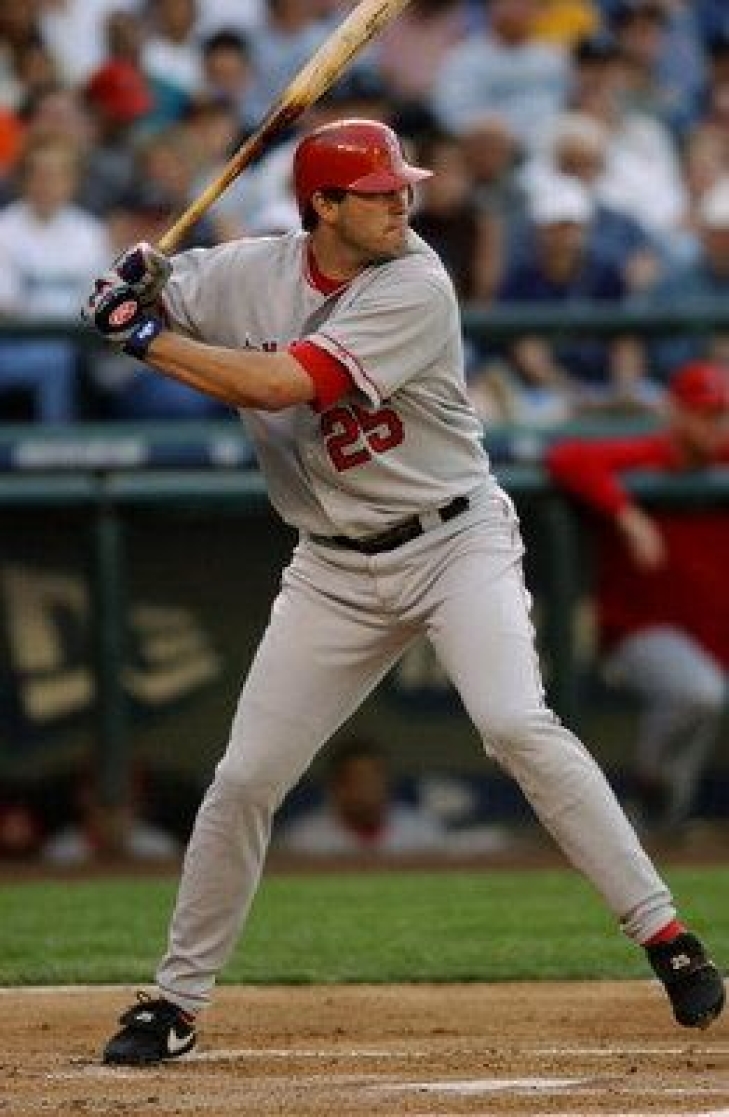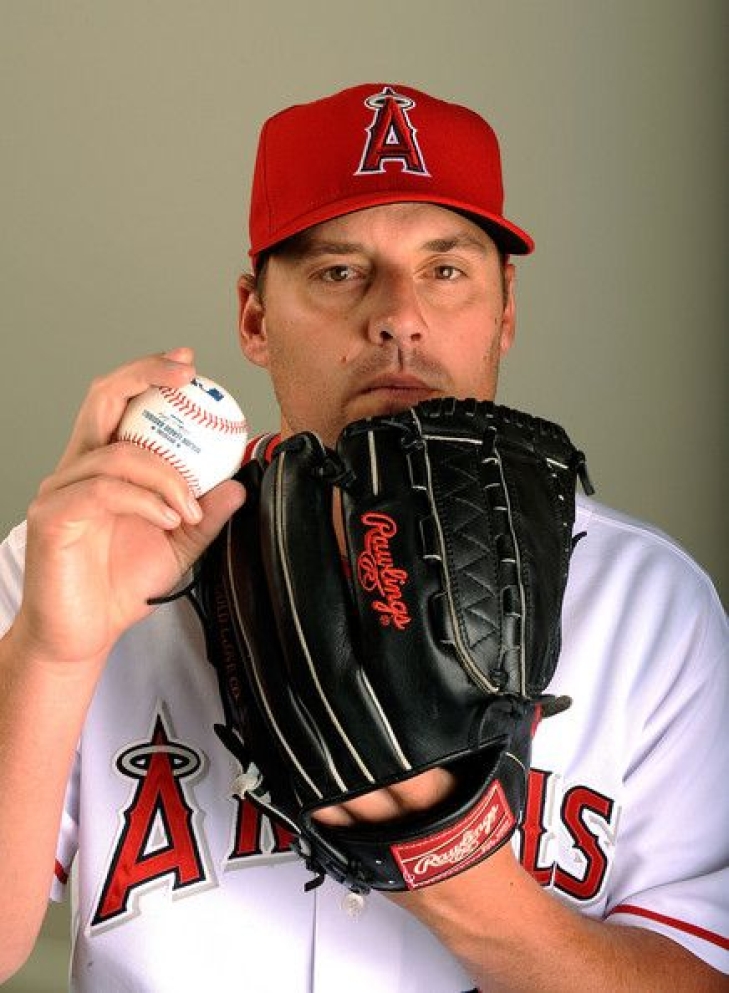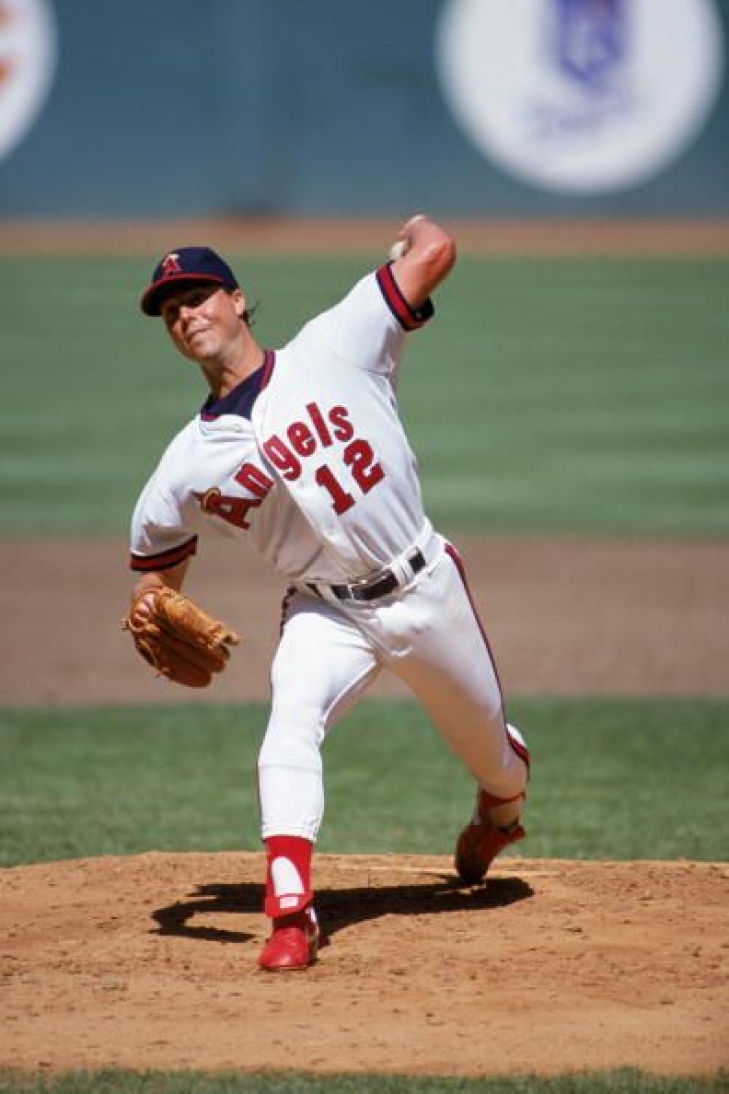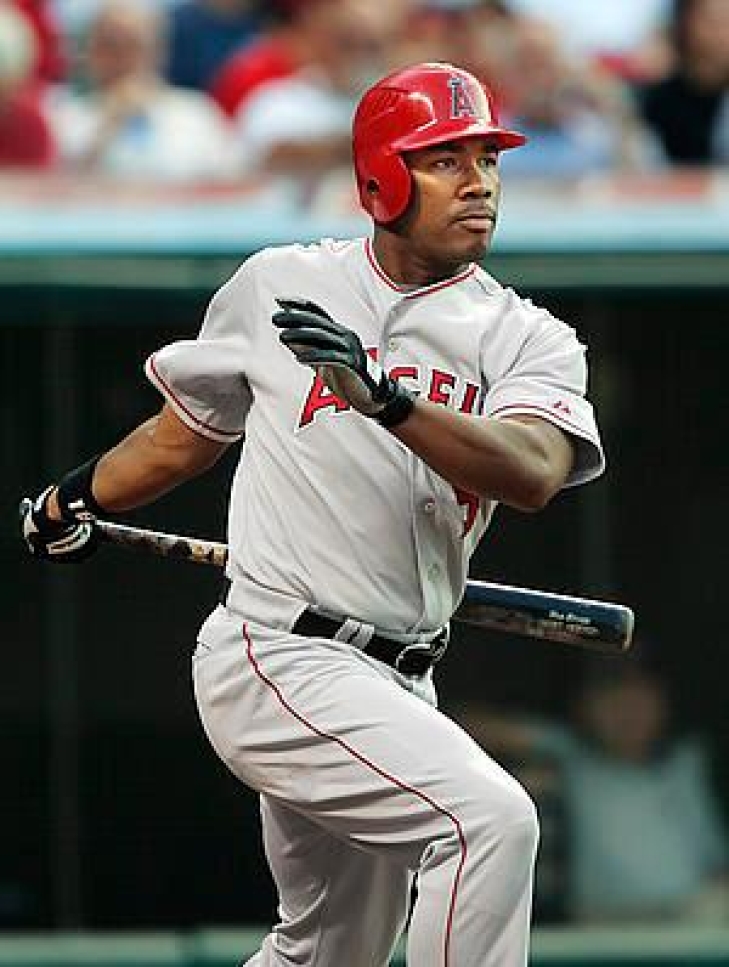
Committee Chairman
18. Troy Glaus
Troy Glaus was the power man of the Angels in the early 2000s, and his role in their 2002 World Series win should be forever celebrated in Southern California.
After he was chosen Third Overall in the 1998 Amateur Draft, Glaus made the Angels and was the regular Third Baseman as a sophomore, where he belted 29 Home Runs. Over the next few years, Glaus was the top power-hitting Third Baseman in the American League, winning the Home Run Title in 2000 (47) and posting an even 1.000 OPS. In 2000 and 2001, Glaus was both an All-Star and Silver Slugger, and although he was neither in 2002, it had to be the highlight year for Glaus in baseball.
2002 saw Glaus have 30 Home Runs (his third straight achieving that mark), but his post-season was pure electricity. Glaus hammered seven Home Runs in the playoffs, batting .300 in every series on route to the Angels' first World Series win. He won the World Series MVP and the Babe Ruth Award that year.
Over the next two years, Glaus missed a plethora of games but was still executing good power when he was playing. He left the Angels to sign with Arizona after the 2004 season, and he provided them with 182 Home Runs and the vital piece to their first title.
16. John Lackey
John Lackey’s Major League debut was in June of 2002 where he became a member of the Angels’ starting rotation. The timing could not have been better for Lackey, who was about to become part of a World Series Championship team. Lackey won a game in both the ALCS and World Series, and he entered 2003 as a permanent starter.
The hurler was up and down but always showed flashes of greatness and could eat a lot of innings. Lackey had his best season in baseball in 2007, where he went 19-9, led the American League in ERA (3.01) and ERA+ (150), and was third in Cy Young voting. He had two more decent years with the Angels before he signed with Boston as a Free Agent.
Lackey won two more World Series Rings, 2013 with Boston and 2016 with the Cubs. As an Angel, Lackey had 102 Wins against 71 Losses with 1,201 Strikeouts.
14. Mark Langston
Mark Langston was Seattle's best Pitcher, but the Mariners were struggling, and they traded him in his contract year to the Montreal Expos (who sent them a young unknown named Randy Johnson) for their attempt to make the playoffs. The Expos plummeted (through no fault of Langston) and the flamethrower they rented left to return back to the West Coast, as he signed with the California Angels as a Free Agent in 1990.
Langston may not have had the same Strikeout numbers as a Mariner, but he still had a potent fastball. In his first season with the Angels, he was not great, but Langston rebounded in 1991, with a 19-8 and 3.00 ERA year that netted him his first All-Star Game appearance since 1987. He was sixth in Cy Young voting, and this was arguably his best season with California.
Langston was an All-Star again for the Angels in 1992 and 1993, and he was lauded for his defensive skills, winning five consecutive Gold Gloves (1991-95). He left the Angels for San Diego after the 1997 Season, and while wearing the Halo, he had a record of 88-74 with 1,112 Strikeouts.
12. Garret Anderson
One of the most tenured players in Angels history, Garret Anderson suited up for the franchise in 2,013 Games, which at present is a franchise record.
Anderson first appeared with the Halos in 1994, four years after he was drafted. Following that brief call-up, Anderson settled in at Leftfield, where he was one of the better and consistent offensive players at his position for the next ten years. His peak coincided with the Angels march to the World Series, which they won in 2002, with Anderson going to his first of three All-Star Games that year. He was also a Silver Slugger in 2002 and was fourth in MVP voting with 29 Home Runs, 123 RBIs, and a league-leading 56 Doubles.
From 2000 to 2003, Anderson had at least 28 Home Runs and 116 RBIs, with the last three years of that streak seeing a Batting Average over .300. Anderson played with Los Angeles until he signed with Atlanta as a Free Agent, and he accumulated 1,024 Runs, 1,292 RBIs, and 2,368 Hits, all of which are first all-time for the team. Anderson also hammered 272 Home Runs for the squad.
Had Anderson been more patient at the plate (.327 OBP) and not had some poor defensive years, he would have been ranked a few spots higher. Anderson might not have been a superstar, but they never had to think about the Leftfield spot for over a decade, which is a luxury for any Major League club.
The Angels inducted Anderson into their Hall of Fame in 2016.





